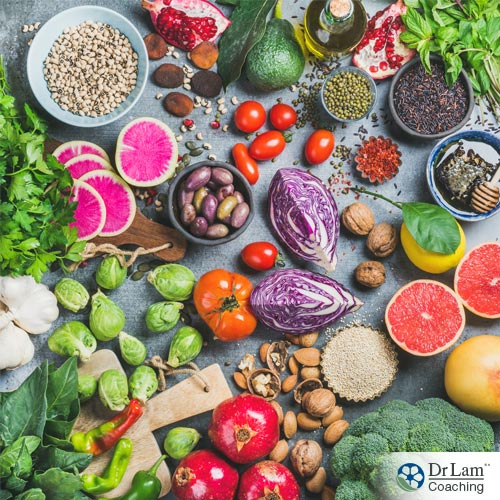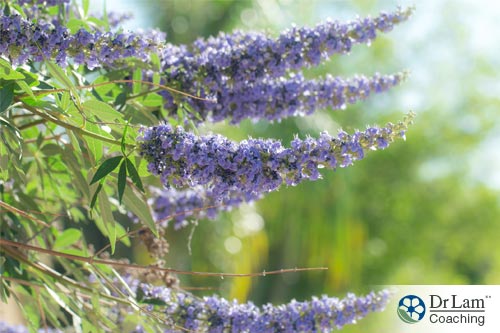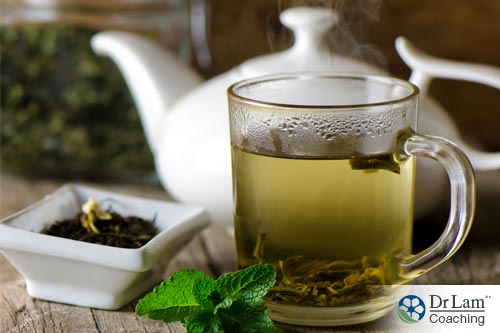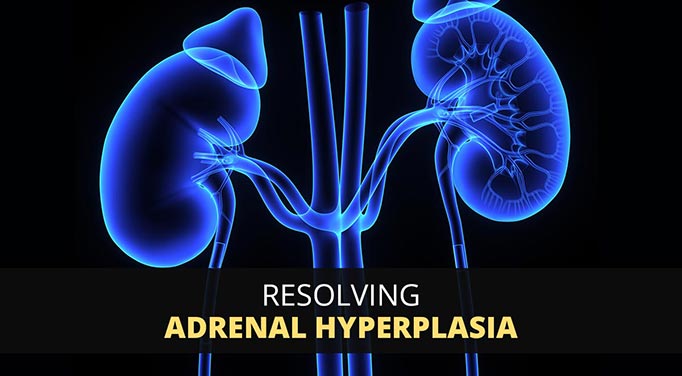 For those people with non-classic congenital adrenal hyperplasia who exhibit few or no symptoms, any remediation efforts may not be worth the potential risks. Psychological counseling is recommended for those women who may have the “male” symptoms that decrease the impression of femininity.
For those people with non-classic congenital adrenal hyperplasia who exhibit few or no symptoms, any remediation efforts may not be worth the potential risks. Psychological counseling is recommended for those women who may have the “male” symptoms that decrease the impression of femininity.
Medical remediation efforts can include regulating menstruation, decreasing levels of androgens and testosterone, making efforts to normalize the tissues and processes involved in menstruation and fertility, and maintaining normal cortisol levels.
Diet is important in these efforts. Whole foods, good quality proteins, healthy fats, and increased amounts of fruits and vegetables help. Organic foods are best. Drinking increased amounts of water and staying away from caffeine, sugar, and alcohol are strongly recommended.
Fertility is an important topic to be considered. Women with non-classic congenital adrenal hyperplasia typically lose fertility earlier than other women. Couples probably should consider pregnancies prior to age 35. The use of medications to stimulate ovulation may be considered.
Glucocorticoids may be used in women to raise cortisol levels and to stimulate and support ovulation, thereby increasing fertility. With children and adolescents who have non-normal skeletal maturation and height, glucocorticoids may be used to increase cortisol also.
For people with CAH, lifetime maintenance with glucocorticoids may be necessary. Some of the glucocorticoids used are hydrocortisone, prednisone, and dexamethasone. Remediation efforts using these glucocorticoids should be at the lowest level possible that will still give the desired results. Regular medical remediation should only be undertaken for those who show symptoms. The overall goal is to reduce hyperandrogenism.
For those wanting to deal with their non-classic congenital adrenal hyperplasia symptoms naturally, there are some herbs and supplements to consider. Please keep in mind that natural approaches may take some time to show benefits, so be prepared to be patient. Be sure to consult with your healthcare professional before taking any herbs for non-classic congenital adrenal hyperplasia.
Chasteberry, Vitex agnus-castus, is said to aid in the regulation of the menstrual cycle and to support ovulation. This herb appears to have an effect on hormones that influence pregnancy, breastfeeding, and menstruation. These same hormones may have an effect on some breast cancers. There appear to be no serious side effects to this herb. Possible side effects may include acne, menstrual bleeding, headache, stomach upset, and weight gain. Because of its potential effects on hormones, you should avoid using chasteberry if you’re breastfeeding, are pregnant, have breast cancer, or are taking birth control pills or hormone replacement.
Black cohosh, Cimicifuga racemosa, is said to have an effect on lowering LH levels. Increased amounts of this hormone during the follicular phase of menstruation may lead to thickening of the endometrial lining prior to ovulation. Some mild side effects have been reported with this herb, such as upset stomach, cramping, headache, rash, and vaginal spotting or bleeding. If you’re pregnant or breastfeeding, you should avoid using black cohosh. In pregnant women, there is a risk of miscarriage. With the possibility of increased risk of breast cancer or worsening of existing breast cancer with this herb, it should be avoided if you have or have had breast cancer or if you are at high risk of developing breast cancer. This herb functions similarly to estrogen in the body, so if you have any condition that is sensitive to female hormones, you should avoid using it. If you have liver disease, a kidney transplant, or a protein S deficiency, you should avoid using black cohosh.
Saw palmetto, Serenoa repens, may have an effect on modulating testosterone levels, thus helping in androgenic hair thinning and acne. Some mild side effects of saw palmetto may include dizziness, nausea, vomiting, headache, constipation, and diarrhea. Women who are pregnant or breastfeeding should avoid this herb. If you’re having surgery, saw palmetto should be stopped at least two weeks prior to the surgery.
Spearmint tea, Mentha spicata, is said to have an effect on lowering testosterone levels. If you’re pregnant, avoid spearmint tea in excessive amounts due to possible damage to the uterus. Spearmint tea can decrease milk supply during breastfeeding. Possibly, using spearmint tea could make kidney disorders worse. For this reason, you should avoid it if you have any kind of kidney problem. The same holds true for liver problems.
D-chiro-inositol may have an effect on increasing ovulation and decreasing free testosterone. Mild side effects with adults can include nausea, tiredness, headache, and dizziness. Not enough information is known regarding its use during pregnancy and breastfeeding for its use to be considered safe. If you have bipolar disorder, you should avoid inositol.
 Green tea aids in the increase of sex hormone binding globulin that binds to androgens and lowers the amount of androgen circulating freely. In moderate amounts, green tea is considered safe for use. For long-term use or in high doses, it may be unsafe.
Green tea aids in the increase of sex hormone binding globulin that binds to androgens and lowers the amount of androgen circulating freely. In moderate amounts, green tea is considered safe for use. For long-term use or in high doses, it may be unsafe.
Flaxseed is another herb that helps increase the sex hormone binding globulin to decrease the amount of free circulating androgens. Flaxseed should be taken with plenty of water to lower the possibility of blocking of the intestines due to the bulking effects of this herb. More than six tablespoons per day of raw or unripe flaxseed may be poisonous and should be avoided. Since this herb functions like estrogen, it should be avoided if you’re pregnant. Flaxseed may inhibit blood clotting, so if you have a bleeding problem, avoid using it. There is some evidence that flaxseed may lower blood sugar. If you have problems with blood sugar levels, you probably should avoid it. If you have a condition that is hormone sensitive, you should avoid flaxseed since it functions like estrogen. Since flaxseed may lower blood pressure, you should avoid using it if you have problems with low blood pressure. It may also increase triglycerides.
Soy is said to aid in the production of the sex hormone binding globulin that will lower the amount of androgens circulating freely. Using soy on a long-term basis may be unsafe in that it could cause abnormal tissue growth in the uterus. Higher doses during pregnancy may be harmful to the fetus. Some research has suggested soy may increase the growth of some cancers. Soy may increase the risk of kidney stones.
Nettle root is another herb that is said to increase levels of sex hormone binding globulin that would bind to androgens and decrease the amount of free circulating androgens. It’s best to avoid using nettle root if you’re pregnant or breastfeeding. There is the possibility of this herb causing miscarriage. If you have diabetes, be sure to monitor blood sugar levels closely. Nettle is said to lower blood sugar levels. There is also the possibility of nettle parts lowering blood pressure. If you have problems with blood pressure, be sure to monitor yourself closely.
You might try other herbs and supplements to support adrenal health as well. Adrenal glandular supplements may be helpful if you test low for cortisol. Herbal mixtures with licorice root may increase energy and aid in your ability to tolerate stress.
If you’re using glucocorticoids, it’s important to add some supplements to your diet. In particular, glucocorticoids decrease bone density and also decrease absorption of vitamin D and calcium. Therefore, it’s important to add these two nutrients to your diet.
© Copyright 2018 Michael Lam, M.D. All Rights Reserved.

